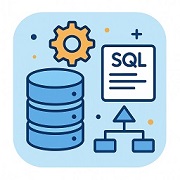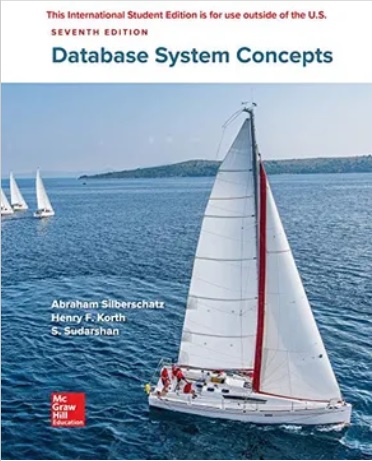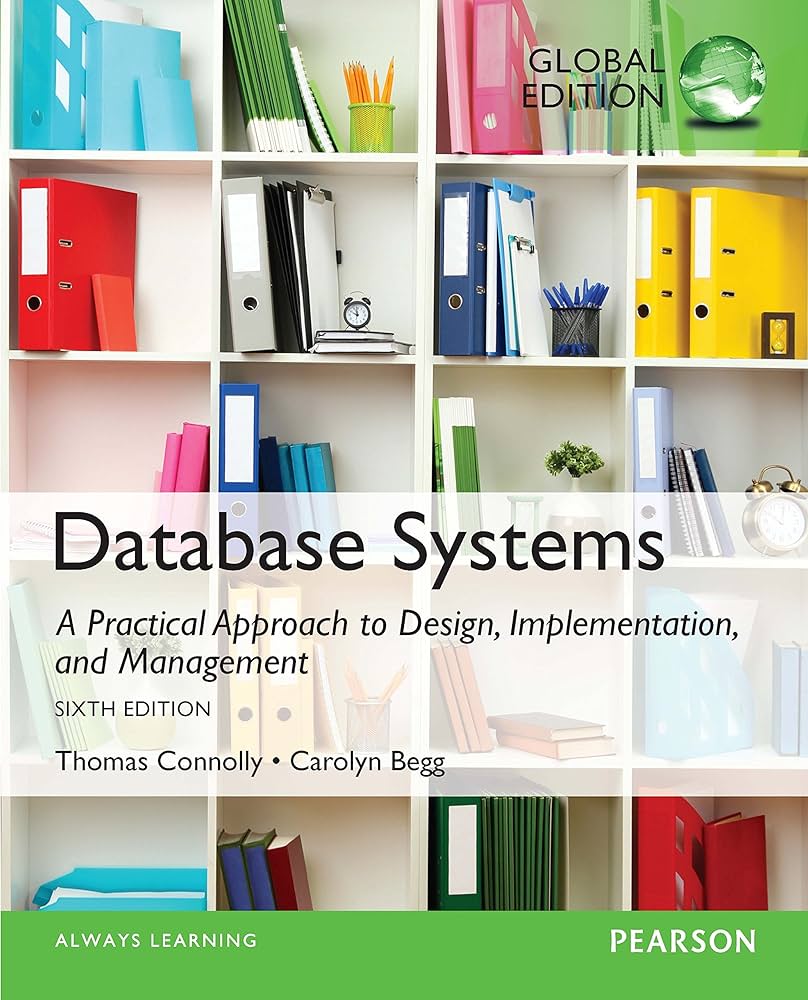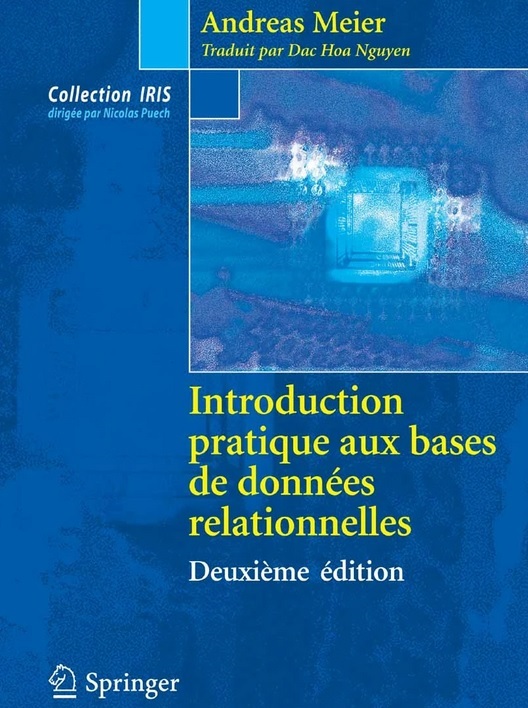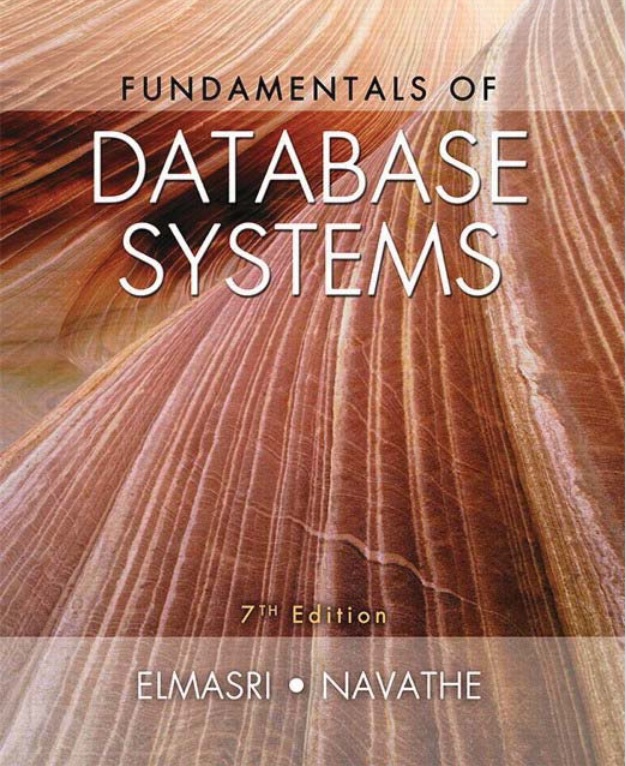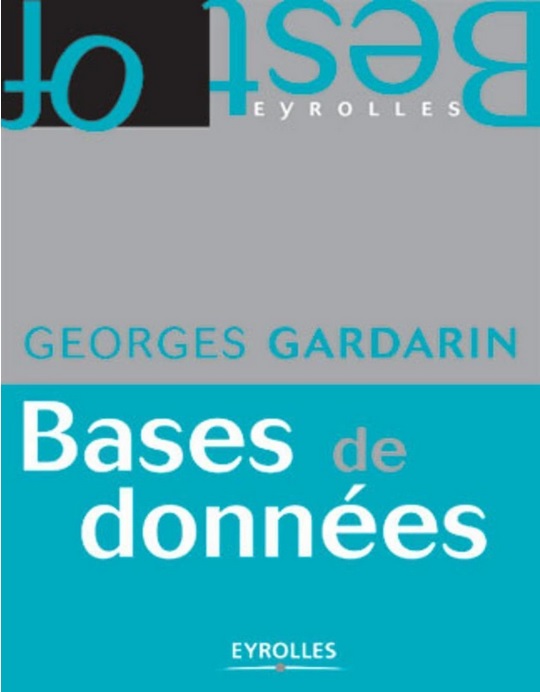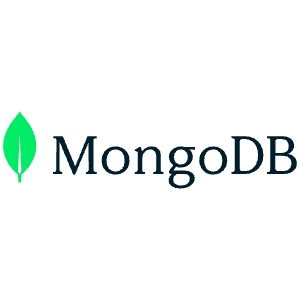Chapter 1 — Introduction to Advanced Databases
This first chapter introduces modern DBMS foundations...
- Chapter objective: Understand the role of a DBMS...
- To know: DDL, DML, DCL, TCL; PK/FK; ACID and MVCC.
- Key ideas: Data→info; ER→tables; ANSI/SPARC; client–server.
- NoSQL perspective: When flexible schema or scale matters.
Takeaway: Model and architecture choices drive reliability and performance.
Before the next lecture: Re-read the PDF and note 2–3 questions.
